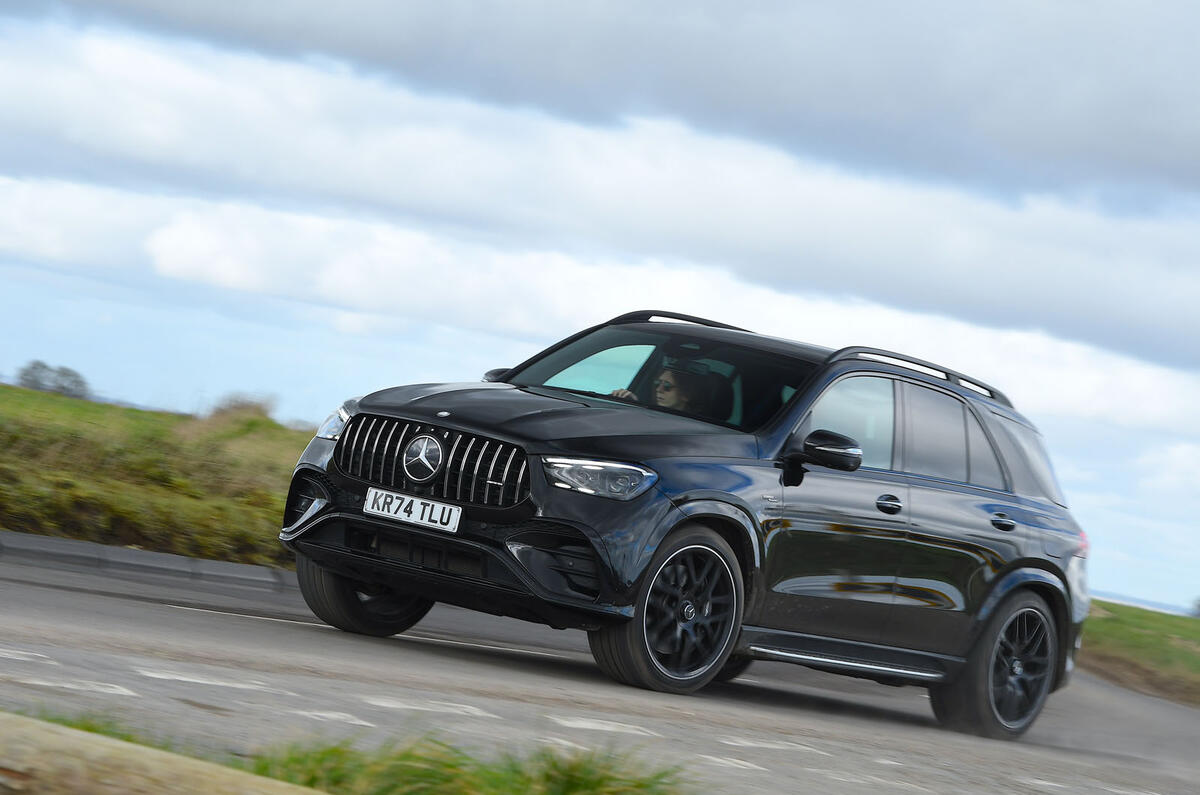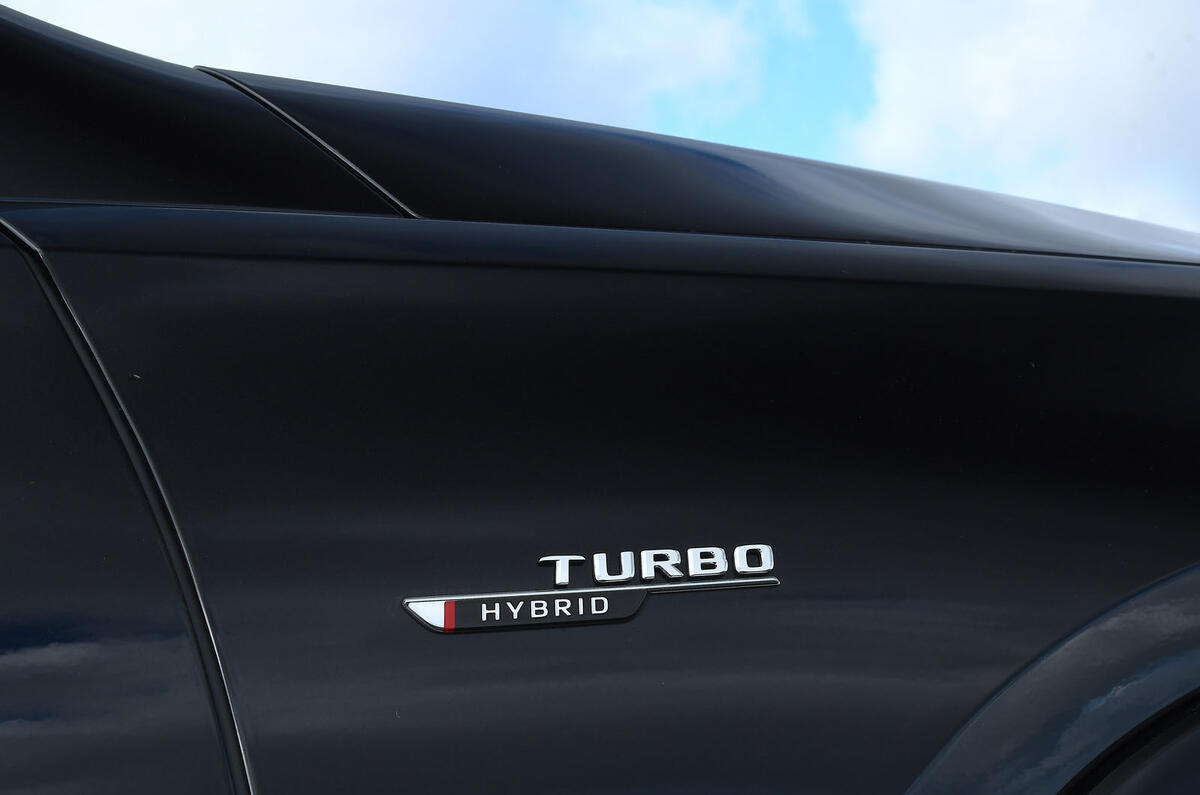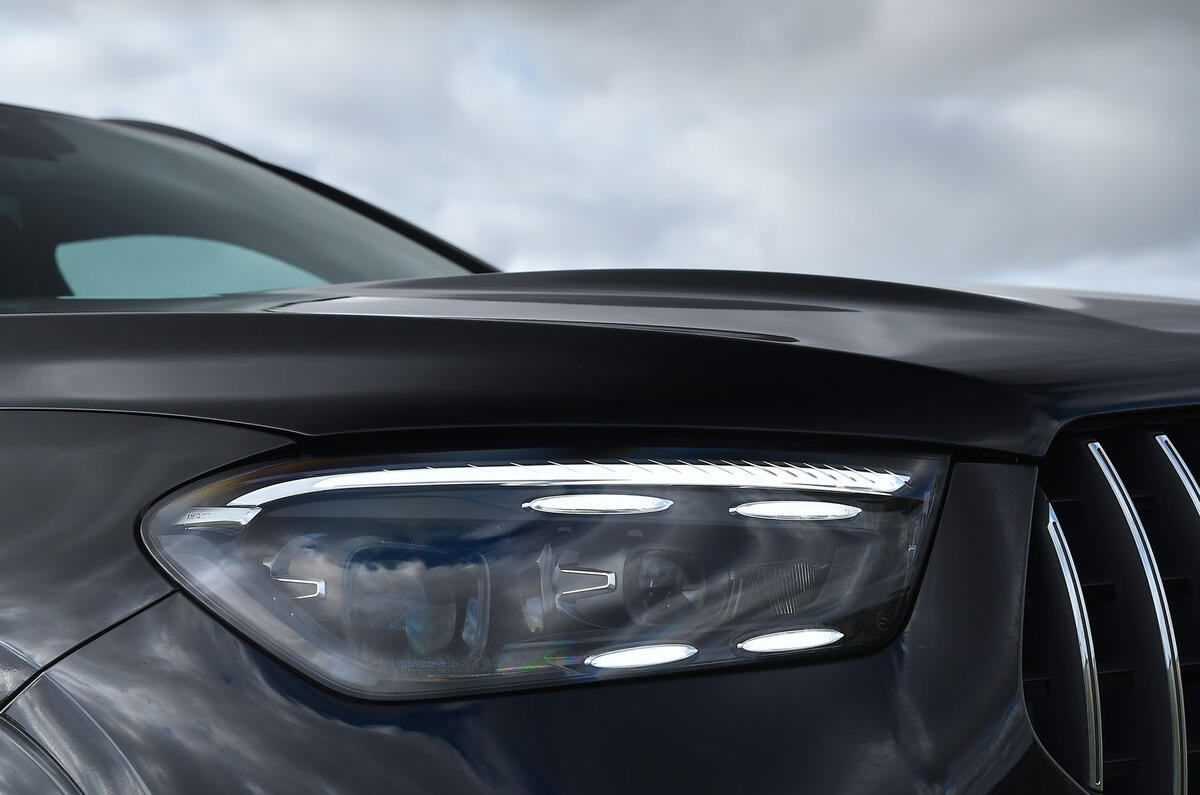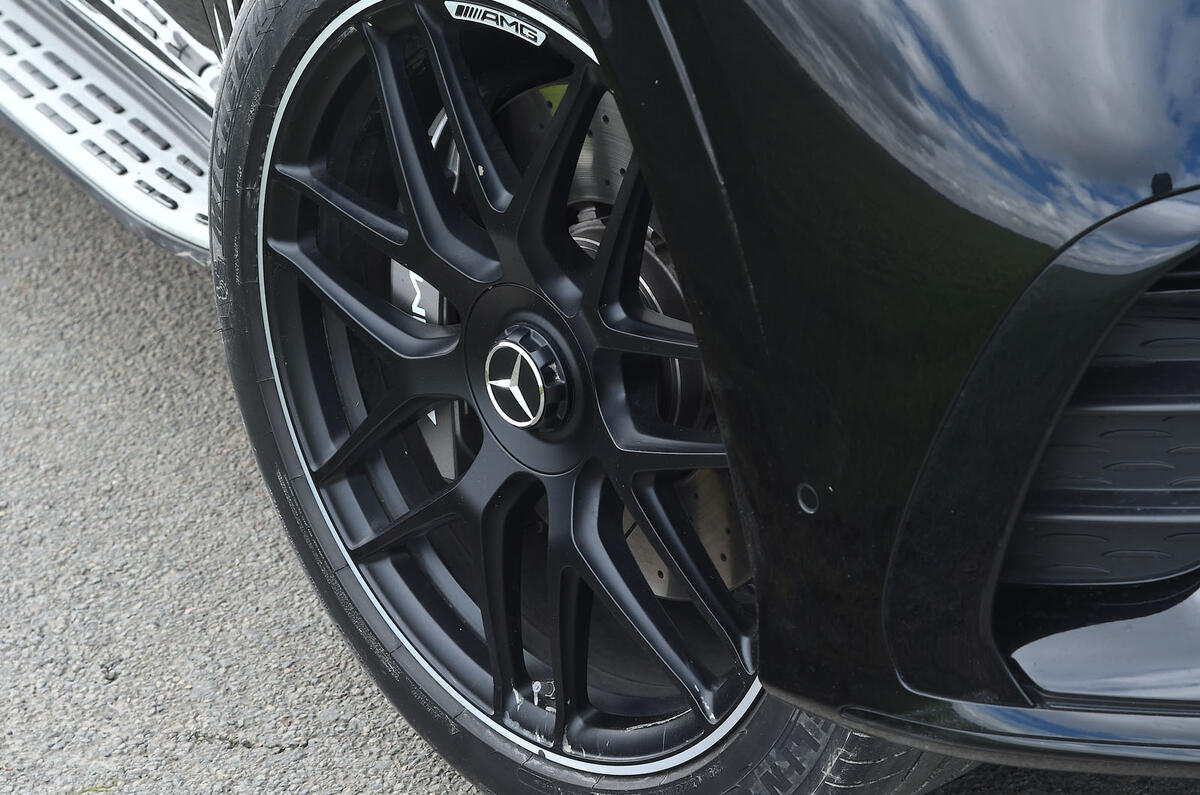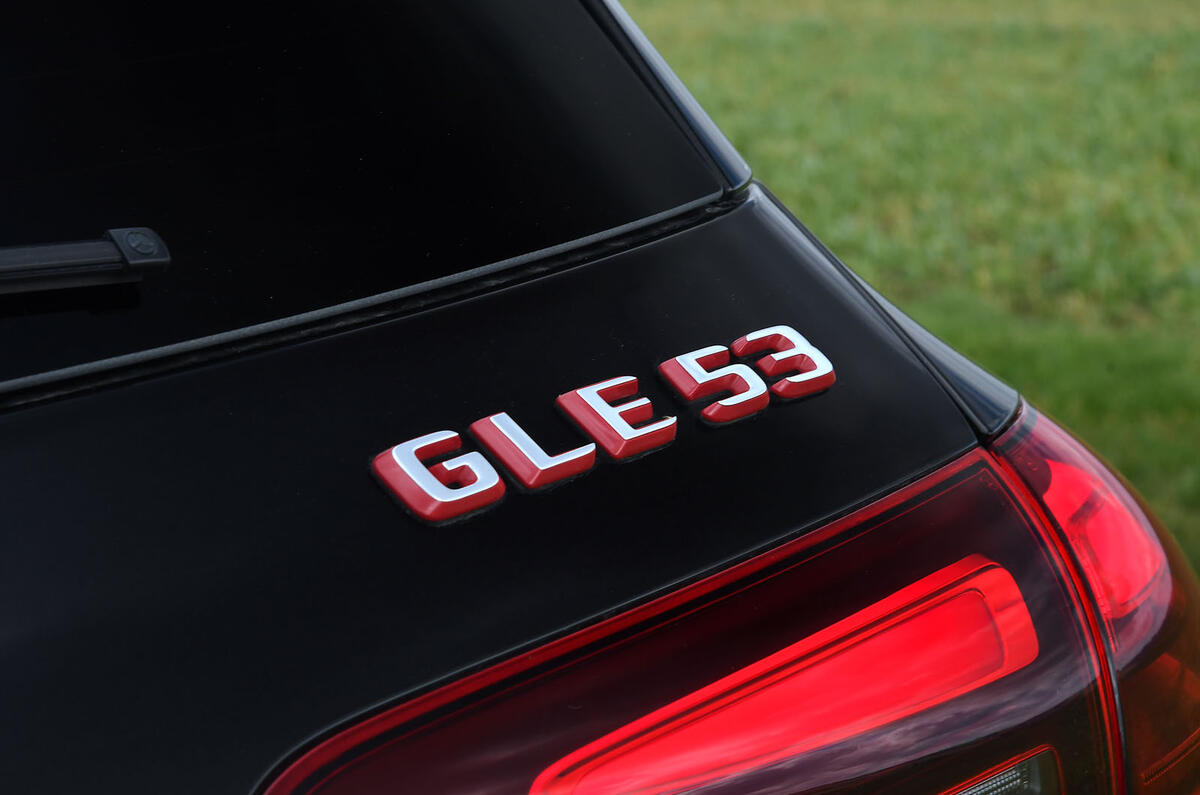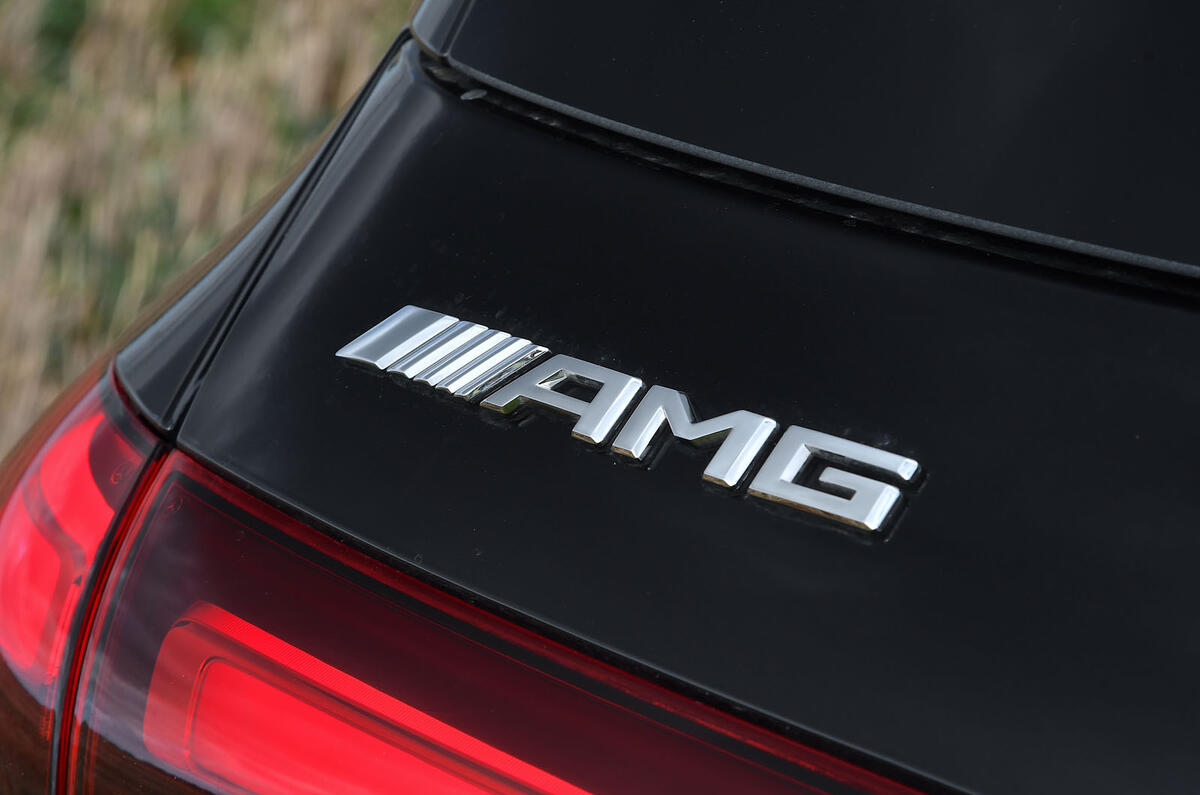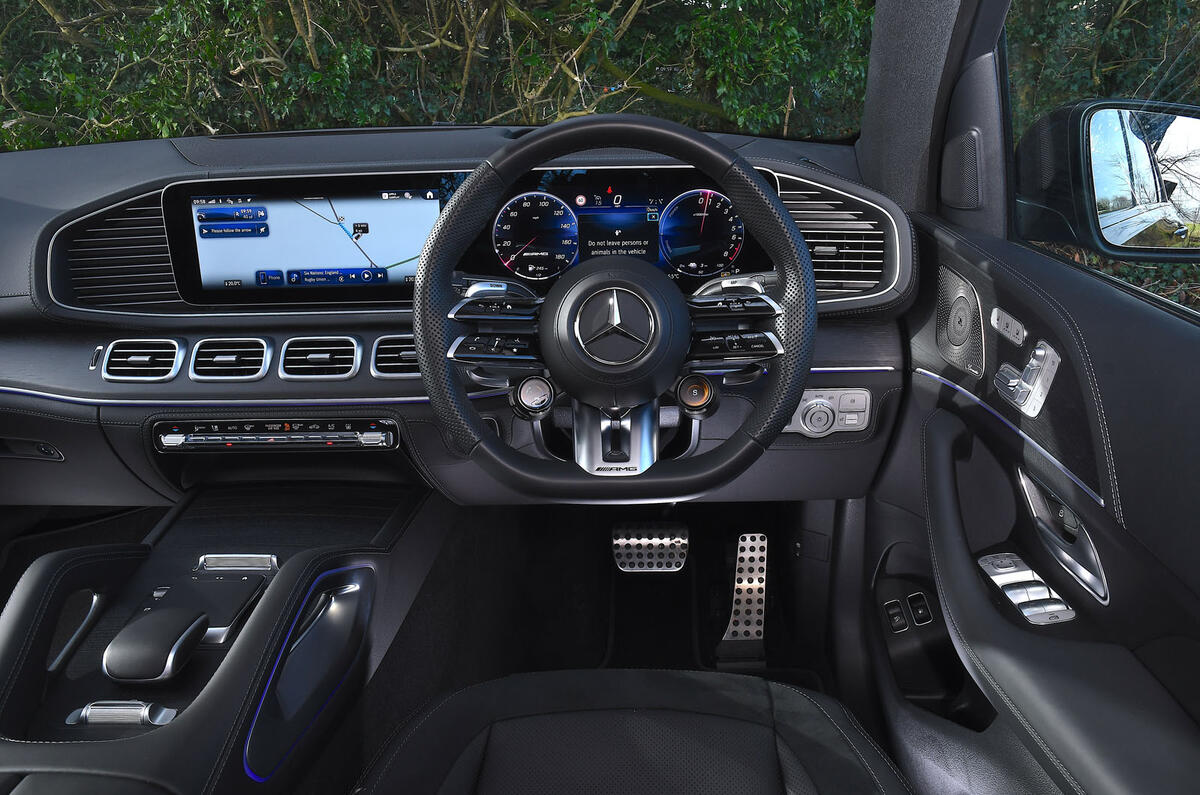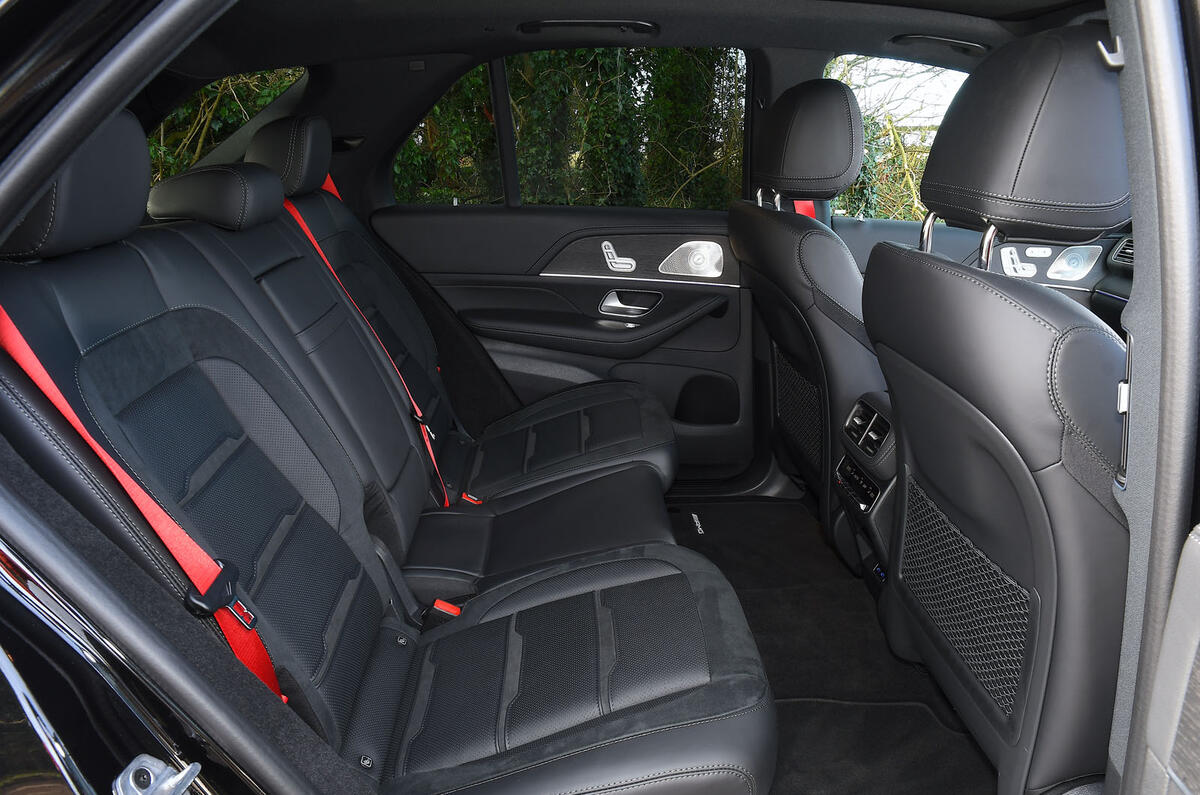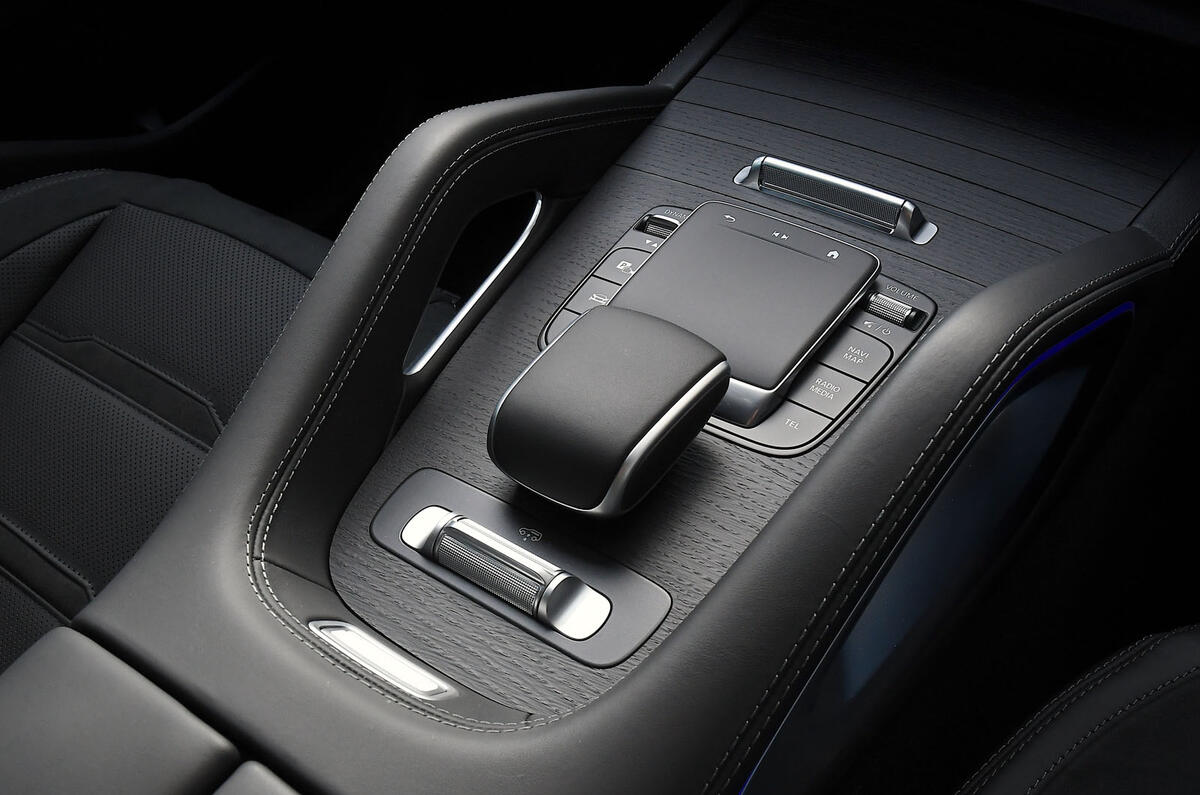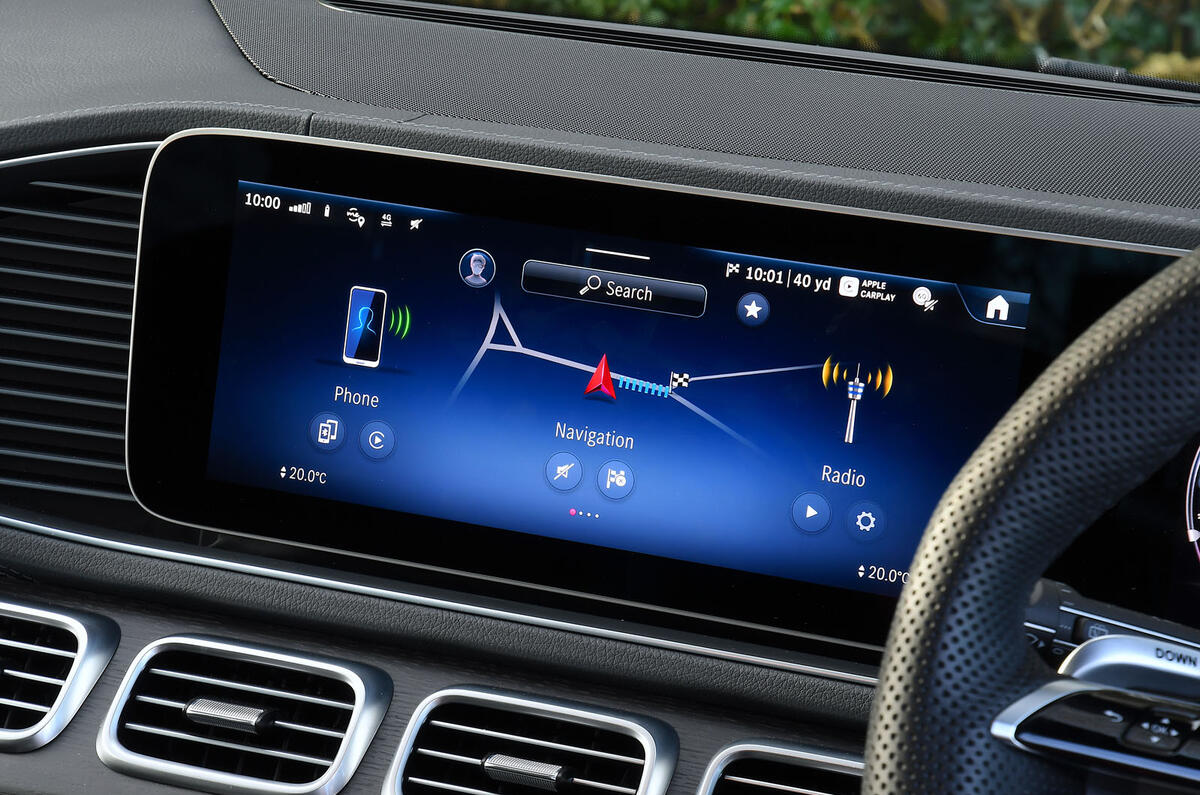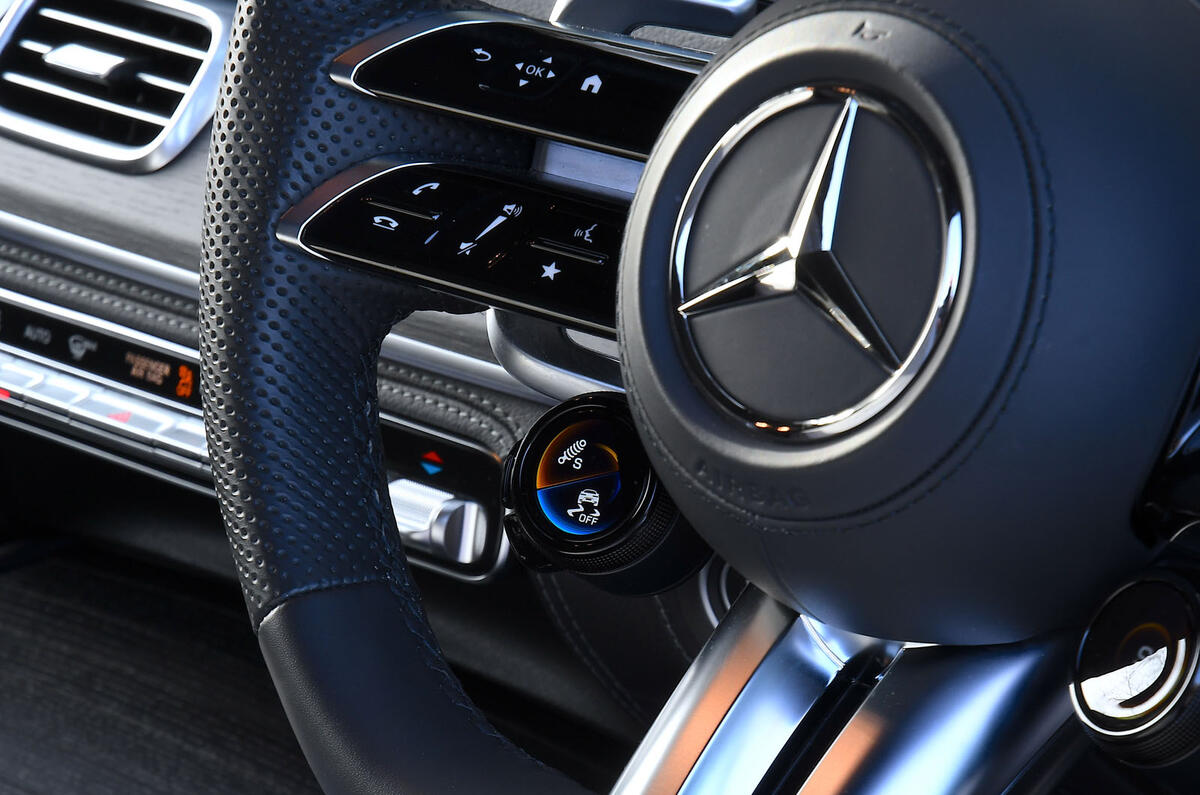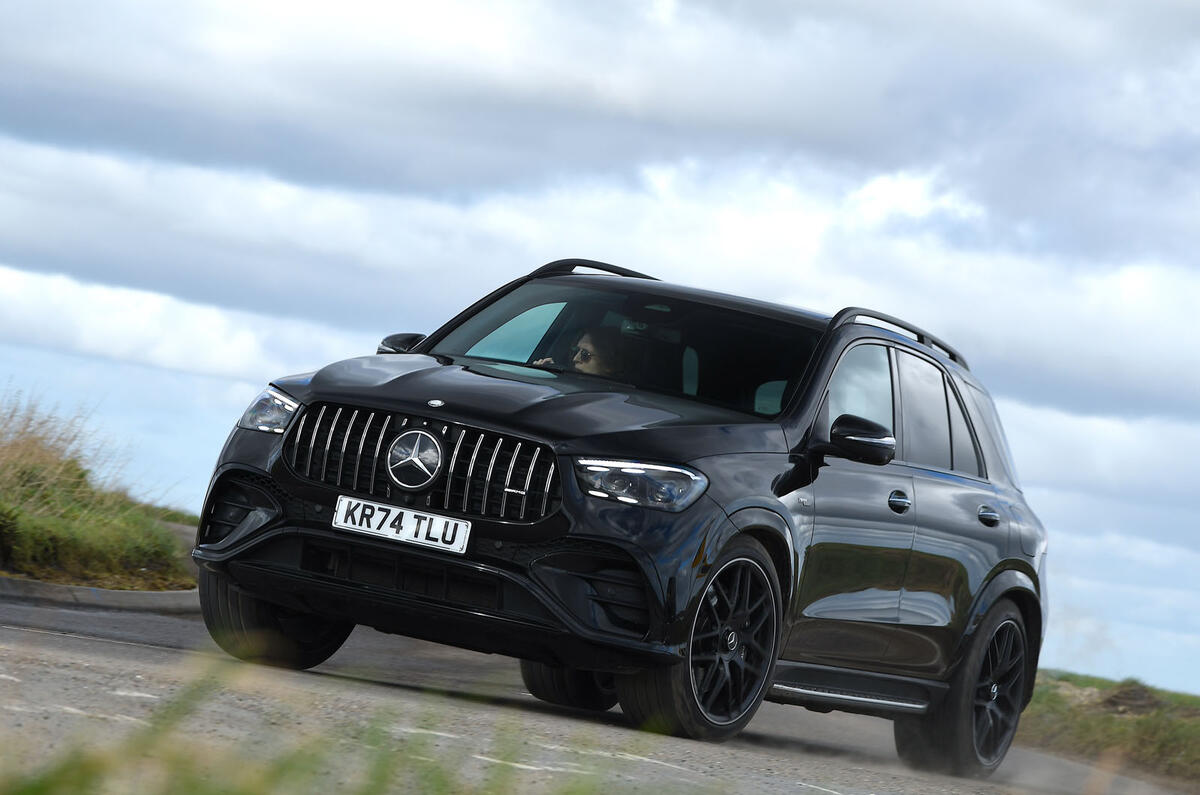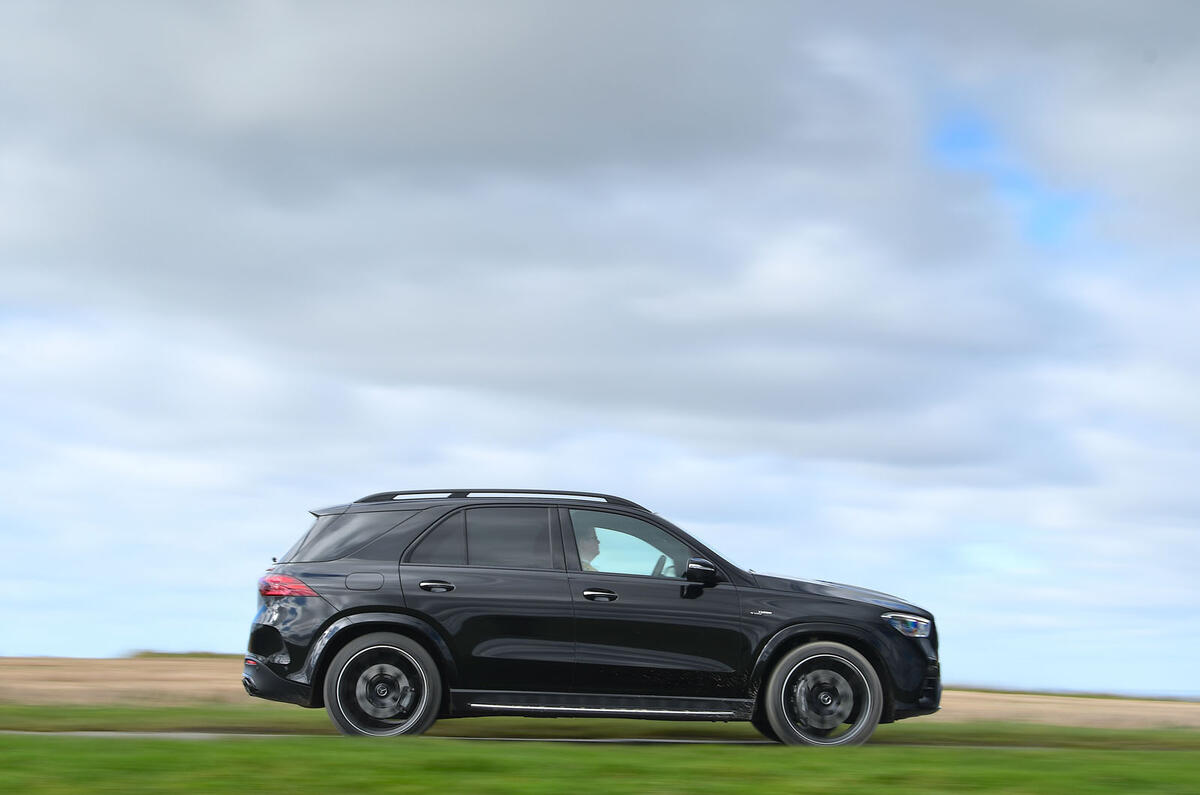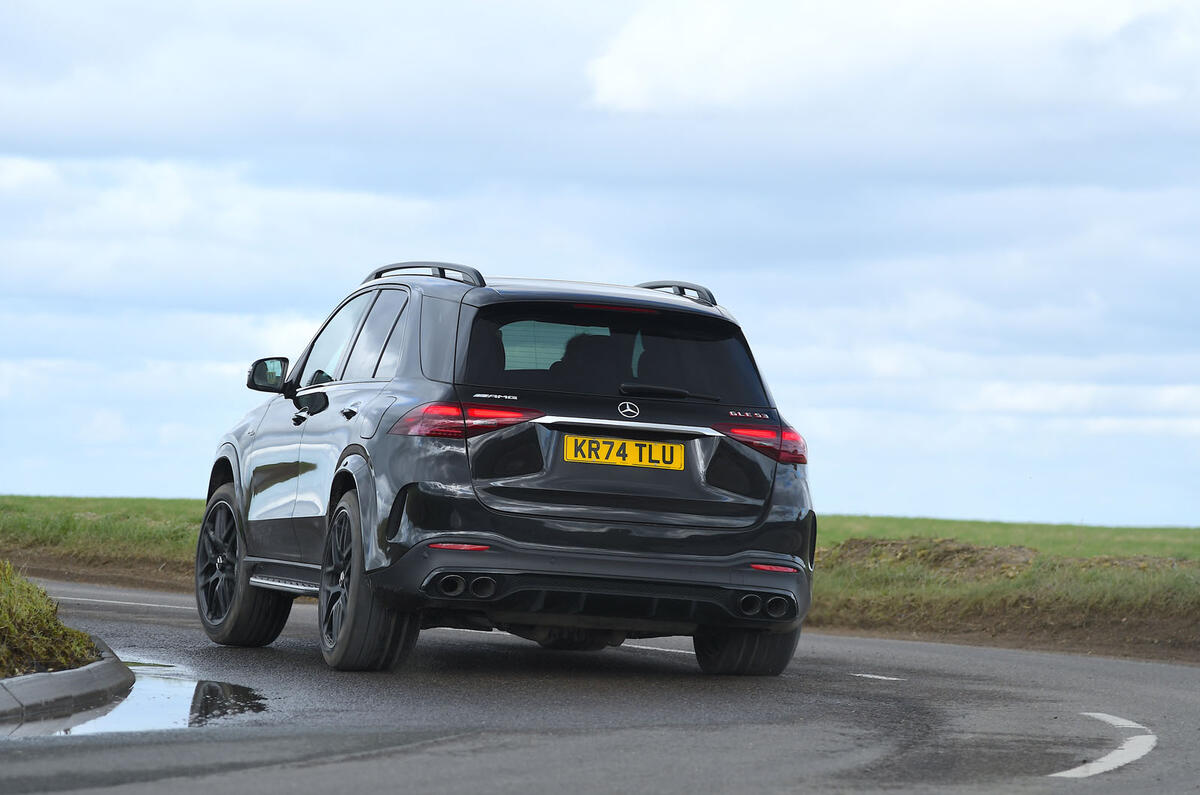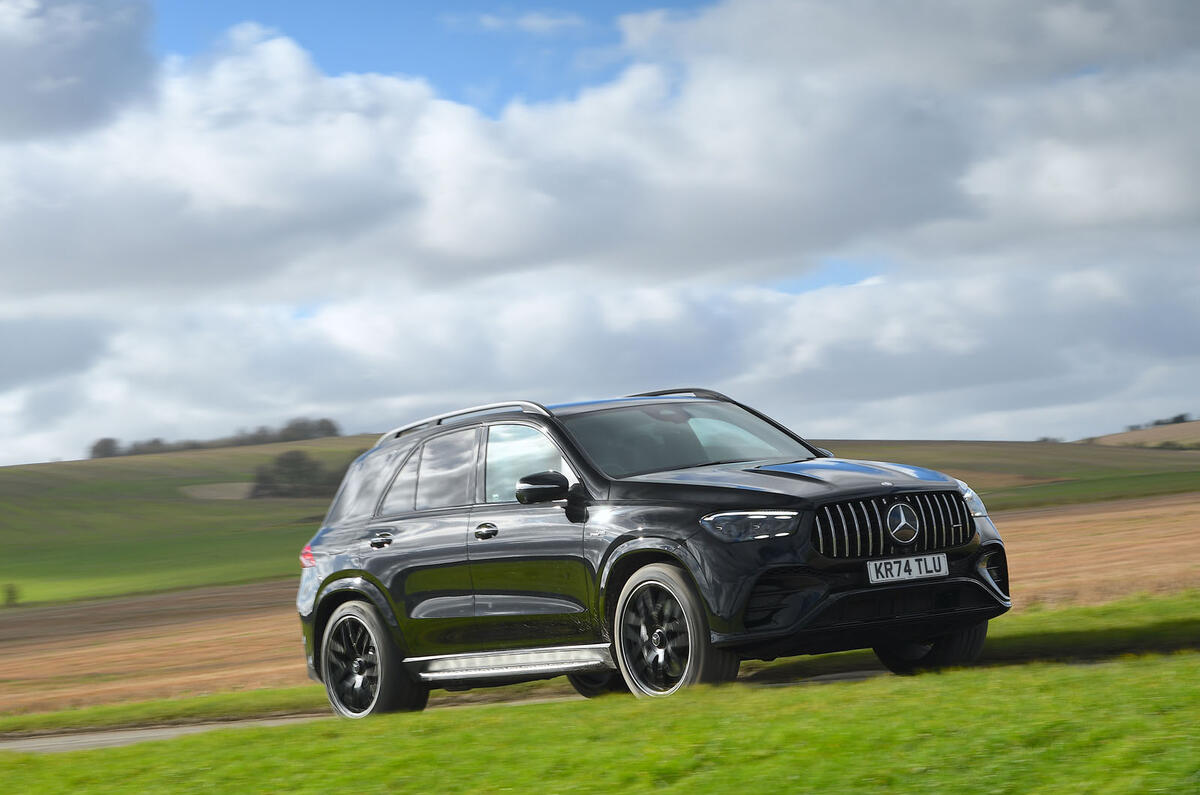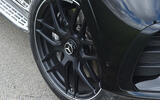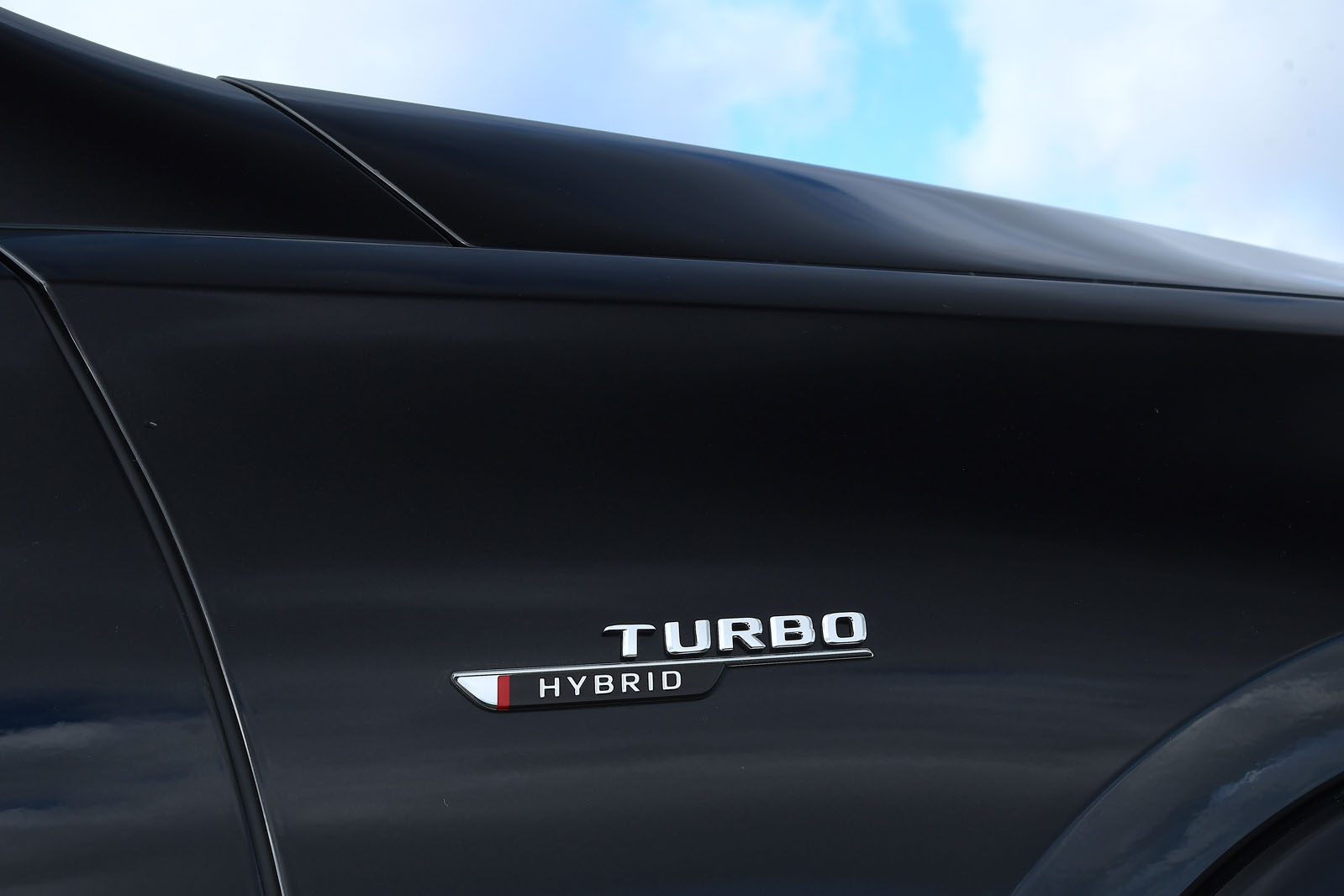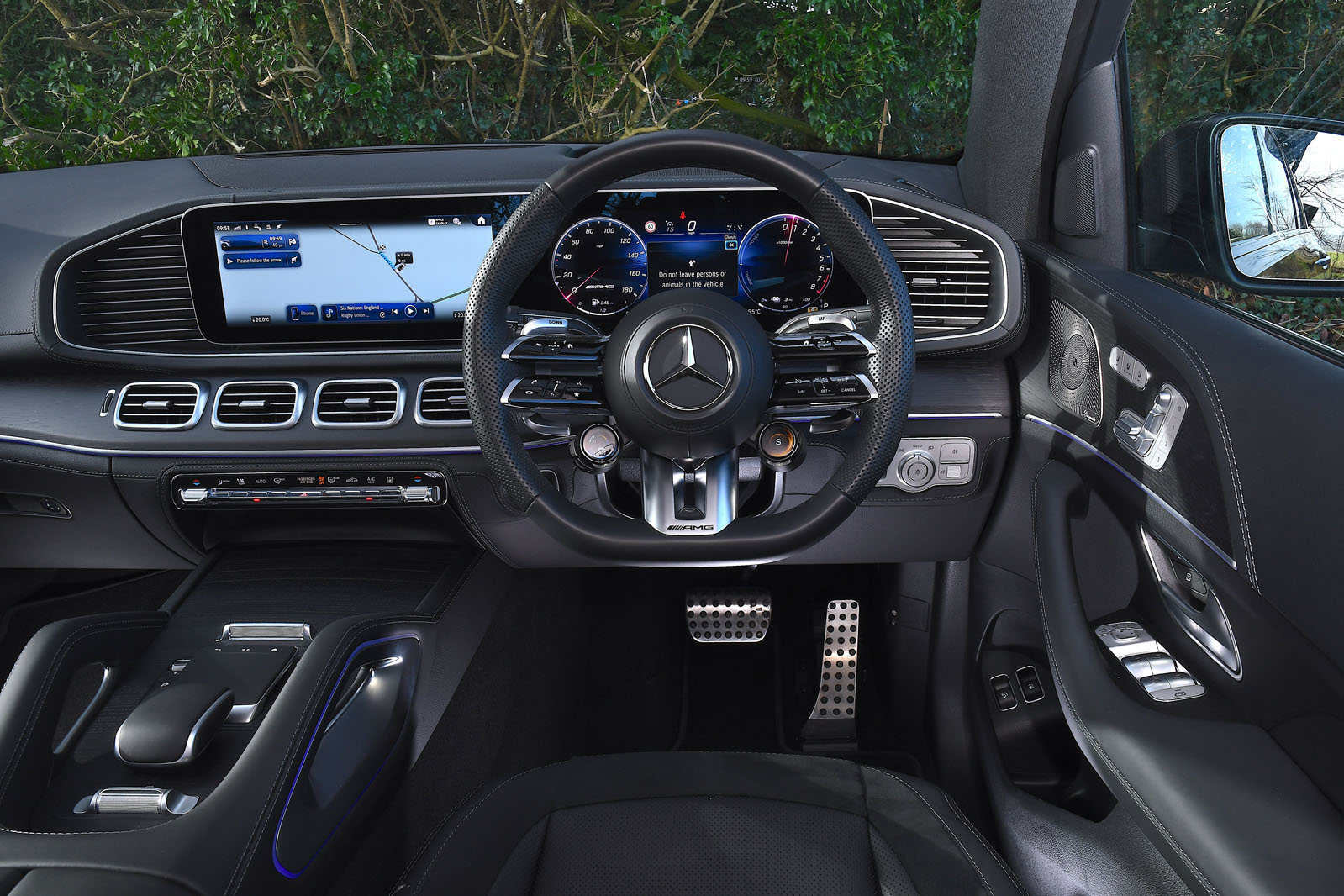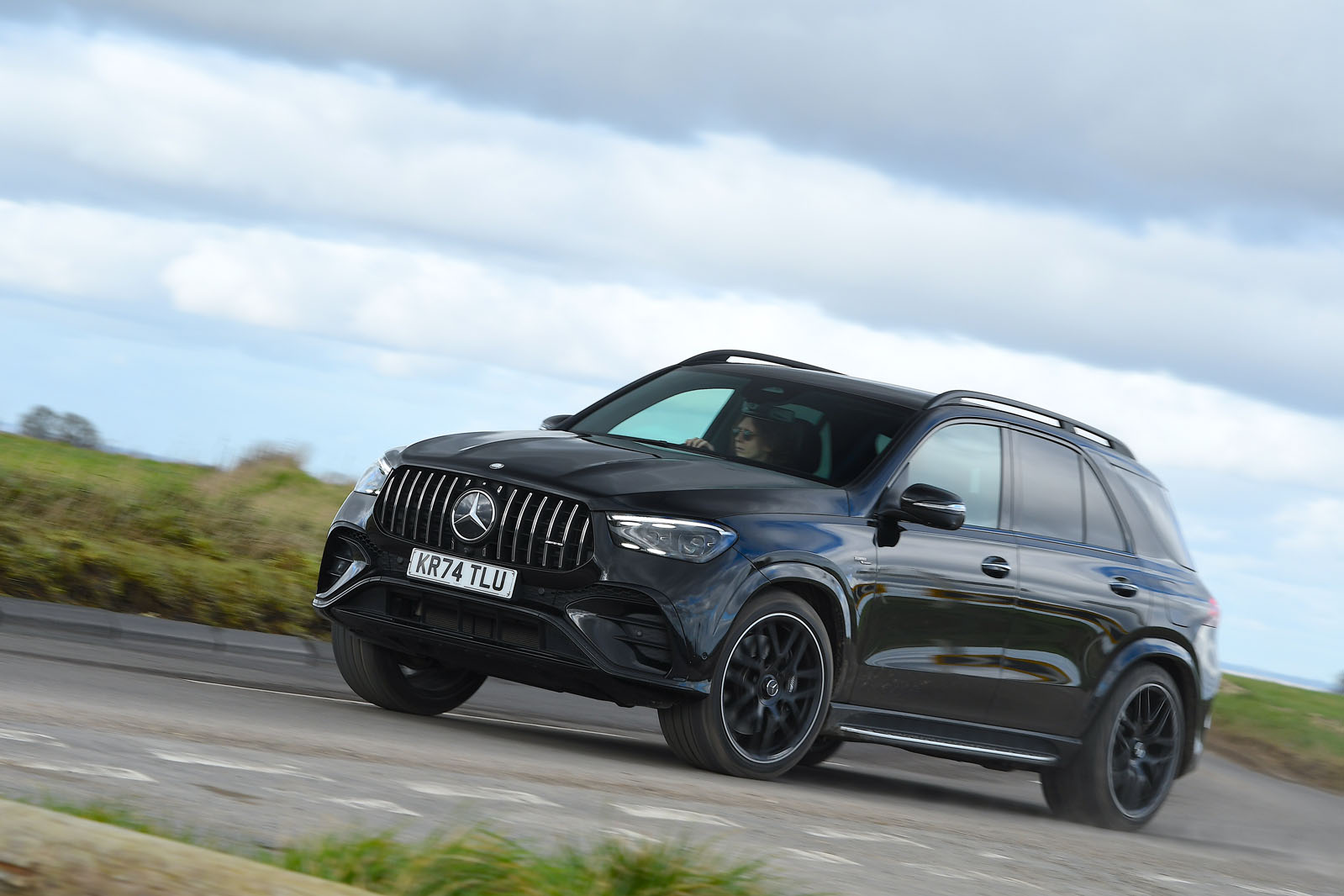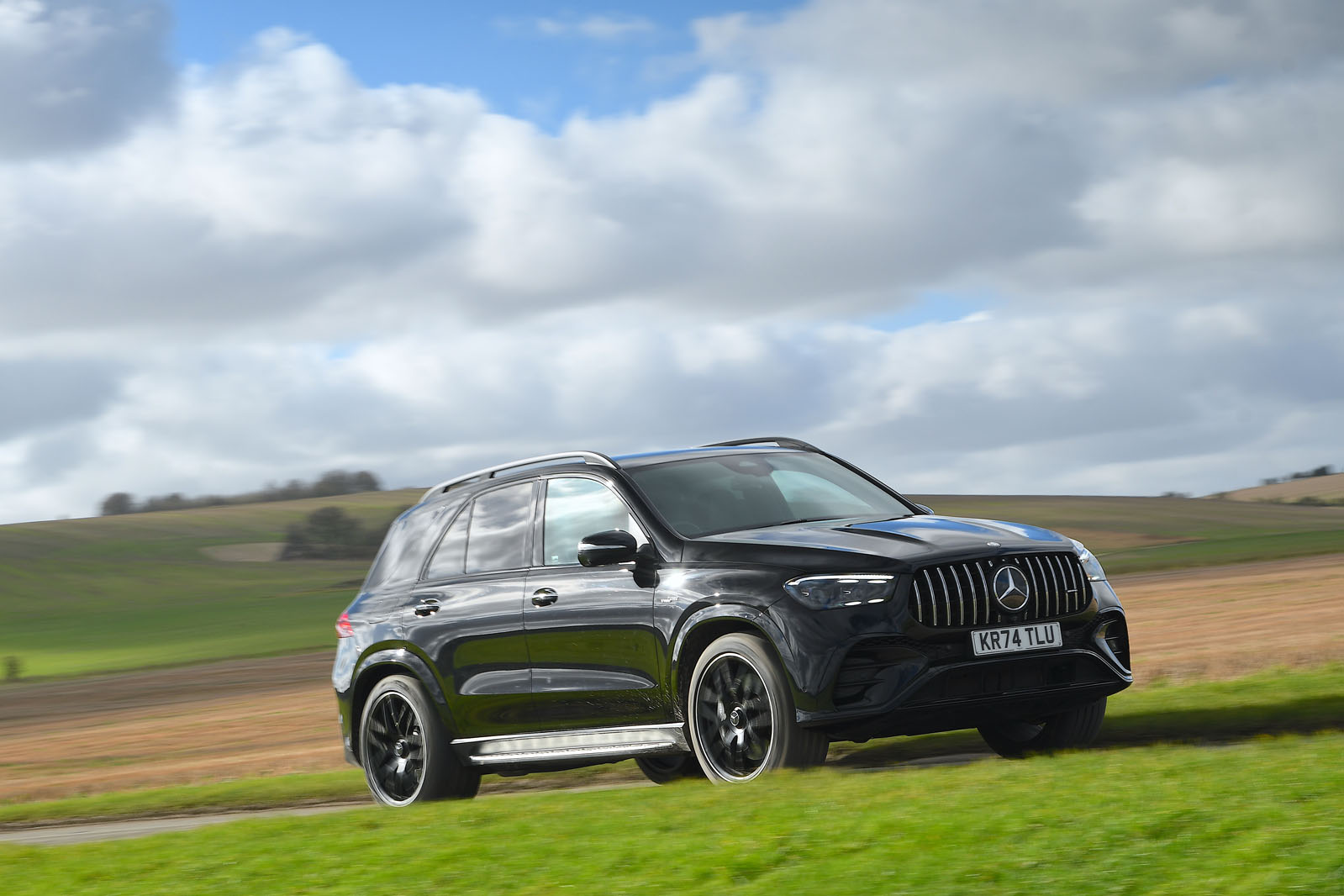This car's broad array of powertrains lends it the configurability to suit a range of different roles and briefs, and makes it quite a versatile choice. You can have simple, everyday, longer-distance efficiency for a reasonable price in the GLE 300d, or that bit more torque for effortless towing, hauling, climbing and motorway driving from the GLE 450d. You can have sweeter-revving power on tap, without a care for efficiency, from either of the straight-six petrols, or you can combine either a petrol or diesel engine with PHEV power for precisely the kind of electrified compromise you like. Or you can go mad with an AMG GLE 63 S.
It’s the sort of versatility that should the GLE an attractive SUV to quite a wide range of buyers. And with a CO2 figure of as little as 15g/km and PHEV electric-only range as high as 70 miles, depending on selected options, fleet buyers should be part of the car's following too. The PHEVs even have a towing limit of 2700kg, which is enough for a big horse trailer.
The PHEV drivetrains operate rather pleasingly and seamlessly. There are different drive modes, from fully electric through to battery preservation, in case you want to retain your charge for use later.
In hybrid and EV modes, steering-wheel paddles adjust the amount of regenerative braking you get, from mild coasting all the way through to relatively heavy braking; although, because the car always ‘creeps’ like a conventional automatic at low speed, there’s no true one-pedal driving.
And once you’ve understood those modes, and the charging, those PHEVs operate just like any other GLE. There’s great fit-and-finish quality in the cabin, although some metallic plastics are more obviously plastic than the metal they’re trying to look like.
For those less concerned about their economy or benefit in kind, the mild hybrid petrol-electric six-cylinder engine in the GLE 450 feels tailor-made for richer tastes. It provides plenty of performance when accelerating from low speeds, and a solid turn of speed through the gears on a loaded throttle. It is also pleasingly hushed and well isolated from the cabin, giving the GLE 450 agreeably calm and relatively quiet cruising qualities. Although it's a little disappointing that the AMG GLE 53 Hybrid performance version doesn't quite have the visceral, dramatic pace of other fast SUV rivals.
For the most part, the GLE's standard automatic gearbox is every bit as silken smooth on upshifts as it is during downshifts. The nine-speed unit, which comes with steering wheel-mounted shift paddles as standard for manual shifting, is quick to respond to most situations, picking off suitable ratios smartly at lower speeds around town, and holding on to gears when pushed along at a higher pace on the open road. Helping to add to an overriding impression of improved driveline refinement is a mechanism which activates a clutch to decouple the engine from the gearbox for extended periods of off-throttle coasting.
Going back to the PHEVs, when running on electric-only power, the relatively big battery makes for more than a token range, although exactly how much you will get depends on the particular model. From a GLE 350de, we've seen around 60 miles from a charge on a cold grey day; and from an AMG GLE 53 Hybrid on optional 22in alloy wheels, about 45 miles in similar conditions.
Mercedes includes 60kW DC rapid charging for all GLE plug-in hybrids as standard, while AC charging is possible at up to 11kW.




